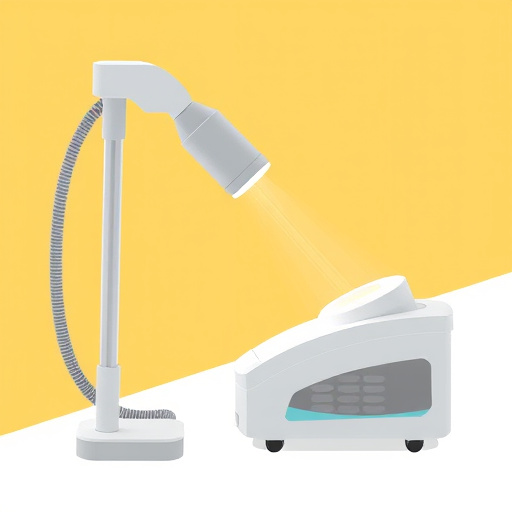Reusable air filter intakes, known as washable filters, offer a green alternative to single-use disposable options. By reducing waste generation and keeping non-biodegradable materials out of landfills, these filters significantly minimize environmental impact. They also promote a circular economy by extending product lifespan through cleaning and reuse, while providing long-term cost savings for consumers.
In today’s digital era, understanding the environmental impact of our daily choices is crucial. This article explores the green benefits of a seemingly small yet significant innovation: reusable air filters. We delve into how these eco-friendly alternatives, including washable filters and regenerative intake filters, minimize waste and reduce our carbon footprint. By embracing reusable air filters, we contribute to a cleaner, more sustainable future.
- How Reusable Air Filters Reduce Environmental Impact
- The Eco-Friendly Approach: Washable Filters as a Sustainable Alternative
- Minimizing Waste: Benefits of Intake Filters That Can Be Regenerated
How Reusable Air Filters Reduce Environmental Impact

Reusable air filters offer a significant environmental advantage by reducing waste and minimizing the carbon footprint associated with traditional disposable filters. Instead of single-use products that end up in landfills, these washable filters encourage a circular economy approach. Once dirty, they can be thoroughly cleaned and reused, extending their lifespan and diverting resources from production lines for new filters.
This simple switch has profound implications. It cuts down on the energy and raw materials needed to create new filters, thereby reducing greenhouse gas emissions. Moreover, by keeping reusable filters in circulation, we lessen the demand for mining or manufacturing processes that extract limited natural resources. This sustainable practice not only benefits the environment but also promotes cost-effectiveness for consumers over time.
The Eco-Friendly Approach: Washable Filters as a Sustainable Alternative

The shift towards an eco-friendly lifestyle has led to innovative solutions in various industries, and one notable example is the development of reusable air filter intakes. These washable filters offer a sustainable alternative to traditional disposable options, significantly reducing environmental impact. By eliminating the need for frequent replacements, these reusable filters minimize waste generation, cutting down on the amount of non-biodegradable materials ending up in landfills.
Reusable air filters provide an effective and environmentally conscious choice for numerous applications. Their design allows for easy cleaning and disinfection, ensuring prolonged performance while maintaining optimal air quality. This approach encourages a circular economy by promoting products that can be continually used and reused, thereby fostering a greener future where sustainability is at the forefront of consumer choices, especially when it comes to everyday essentials like air filtration systems.
Minimizing Waste: Benefits of Intake Filters That Can Be Regenerated

Minimizing waste is a key environmental benefit associated with the use of reusable air filter intakes. Traditional filters are often single-use, contributing to significant amounts of non-biodegradable waste each year. In contrast, regenerative or washable air filters offer a sustainable alternative by extending their lifespan through cleaning and reuse. This simple yet powerful change reduces the demand for new filters, cutting down on resource extraction and manufacturing processes that produce harmful emissions.
Reusable air filter intakes not only lower waste generation but also provide cost savings for consumers over time. Instead of frequently replacing disposable filters, users can simply clean or replace the washable components, ensuring continued efficiency without contributing to environmental degradation. This eco-friendly approach aligns with a circular economy model, promoting resource conservation and minimizing the ecological footprint of everyday products.
By adopting reusable air filters, especially those that are washable, individuals can significantly contribute to environmental conservation. These innovative solutions reduce waste and minimize the ecological footprint associated with traditional filters. Whether it’s through reusable intake filters or washing and regenerating washable filters, these practices promote a circular economy, ensuring a cleaner, healthier environment for future generations.














